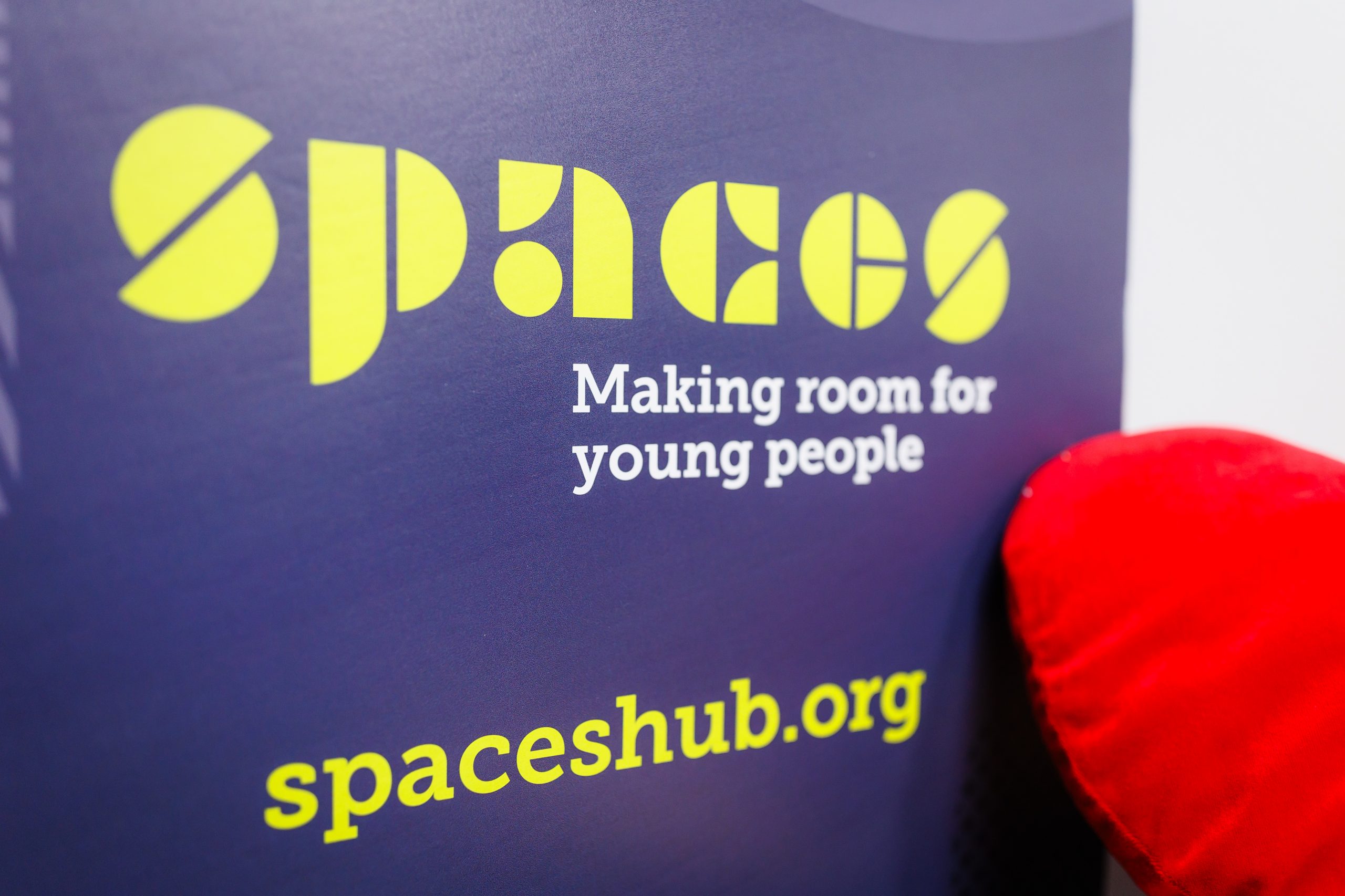


You know that moment. It’s usually within the first ten minutes of a three-hour car journey when a voice (or voices) from the back seat eagerly enquires, “Are we nearly there yet?”. The question is then repeated with increasing regularity for either the entirety of the journey or until those in the back seat have completely lost interest in where they are going and/or the driver has wished they never set off. It’s difficult in these circumstances to see how there can be any truth in the saying, coined by Ralph Waldo Emerson, “It’s not the destination, it’s the journey.” Nevertheless, nightmare journeys aside, there are circumstances where there is some truth in this statement. The Road to Emmaus may be one.
You may not know yet where each of your young people is on their faith journey but the story of the risen Jesus meeting two disciples on the road to Emmaus (Luke 24: 13-35) is a good place to start exploring this because it encapsulates many of the key aspects of the Spaces faith journey model: engage, explore, encounter and expand.
In the story, we see two disciples engaged in discussion about what has happened in Jerusalem and then we see the risen Jesus walking alongside them again engaging with them in conversation. We then read about an exploration of what happened in Jerusalem – first from the disciple’s and then from Jesus’s perspective. We then see Jesus joining the disciples in a space where they share food together. Jesus breaks the bread and even though he has been with them for some time they encounter Jesus as their risen Lord for the first time. They then have a burning desire to share what they have experienced and in doing so, whether they realise it or not, begin the process of expanding the kingdom.
This is the model of discipleship that we are seeking to emulate in our Spaces groups. In this story we see Jesus drawing alongside the two disciples and journeying with them. We very much see our Spaces Facilitators (leaders) as fellow travellers whose experience may be more extensive than the young people they are journeying with but who have not reached their destination. Jesus’ conversation with the two disciples wasn’t without challenge, how they felt about being called “foolish” by some (at that point) random bloke they met, we can only speculate. Whilst we’re not (we hope) going to call our young people foolish (the penny really should have dropped for the two disciples, so Jesus’ description was fair!) we do want our Spaces groups to be places of challenge where young people’s beliefs and assumptions are stretched and their attitudes and behaviours tested. We want this to be done in fellowship and relationship so – just as food plays a vital part in this story – enjoying food, snacks and conversation together is a vital part of the Spaces model.
St Augustine (354-430) wrote “If you encounter Jesus on the road to Emmaus, he will send you back to your Jerusalem.” For our young people their Jerusalem is their school, their friendship circles, their social media presence, maybe even their families. Spaces groups offer a place of encounter where young people can be better equipped to be representatives of Jesus in their own personal Jerusalems.
In relation to the journey of faith, the answer to the question “Are we nearly there yet?” is always going to be ‘no’ because there is always more to learn and experience. But who you journey with matters and Spaces groups aim to ensure that this is a journey where young people never lose interest or, worse, wish they had never set off.